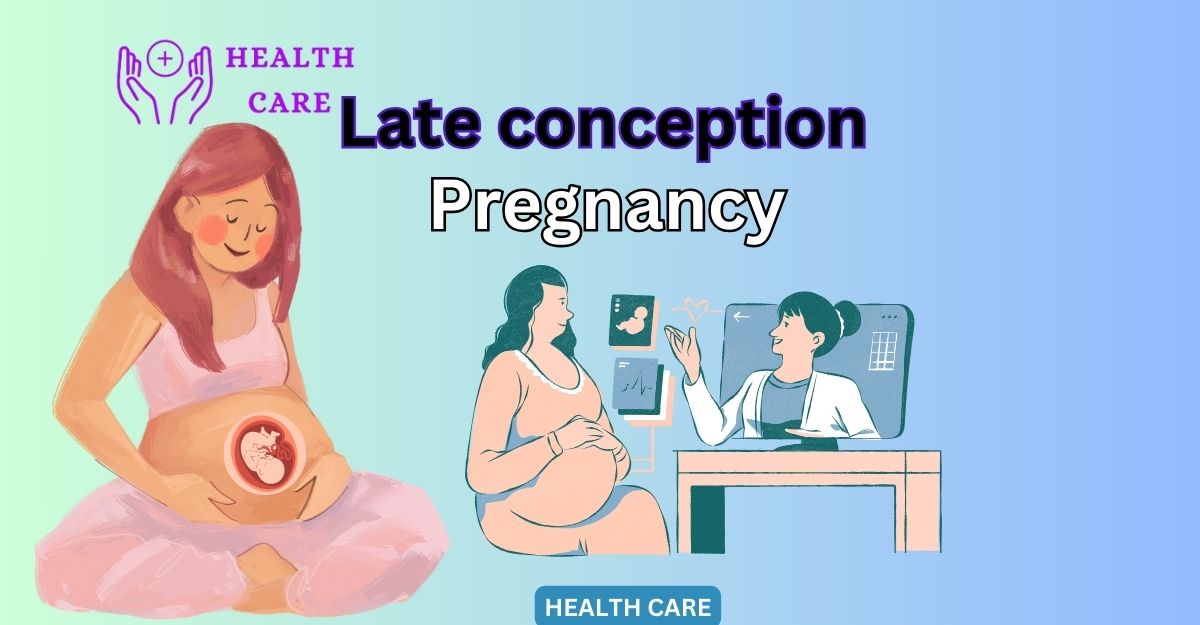Introduction
As women become more successful in today’s busy and ambitious lifestyle, they frequently intend to become pregnant at the age of 35 or beyond. However, it’s unclear how secure it is for both the unborn child and the expecting mom. A woman’s age at conception (greater than 35) is now considered normal due to evolving habits, a requirement for financial security, and the growing demand for education. Although it is typical for women to give birth to healthy kids and have successful deliveries at this age, there may be some issues and concerns.

Various problems when the conception of late pregnancy arises
Raised risk of chromosomal disorders: As mothers age, there is a higher chance of chromosomal abnormalities like Down syndrome. These disorders can be identified with the aid of diagnostic procedures such as chorionic villus sampling (CVS) as well as amniocentesis.
Elevated chances of miscarriage: Miscarriage chances rise with age. This is mostly because there is a higher chance of chromosomal disorders and foetal malformations that are life-incompatible. This can happen because of the conception of late pregnancy.
Greater rate of gestational diabetes:
Older, pregnant women are more likely to acquire gestational diabetes, a condition which can cause issues for both the mother’s health and the unborn child.
Enhanced Incidence of Hypertensive Disorders:
Pregnant women with advanced maternal age are more likely to experience hypertension and preeclampsia. This disorder and the conception of late pregnancy could be there to a woman.
Reduced fertility and increased time to conception:
A woman’s fertility decreases and her time to conception may increase with age. The result can be associated to a drop in both the number and the quality of eggs.
Increased probability of multiple conceptions:
Doubles or higher-order multiples (things like triplets) are more common in older women. Premature delivery and low weight at delivery are two issues that are more likely to occur in multiple pregnancies.
Elevated risk of stillbirth:
As mothers age, there is a modest rise in the chance of stillbirth. It’s crucial to remember, though, that the majority of pregnancies among women over 35 end in healthy kids.
Elevated Chance of Preterm Birth:
Older mothers are somewhat more likely to give birth before their due dates, which may cause issues for the unborn child. Women who have late pregnancy conception may be gone through this.
Enhanced risk of caesarean delivery:
In comparison to younger women, elder women are more likely to require a caesarean section (C-section). There could be several reasons for this, including a rise in the number of pregnancy-related problems or a rise in the popularity of scheduled C-sections.
Postpartum Anxiety:
Older women are more likely to experience postpartum depression than younger women. Therefore, it is imperative to provide the mother with comprehensive information regarding the pregnancy and any associated mood swings.
Hi9 Web TV










